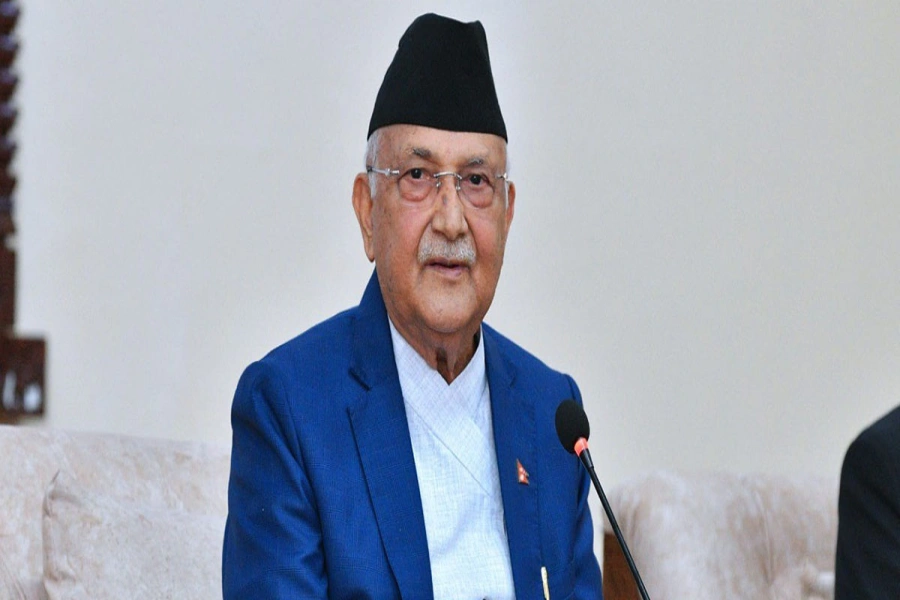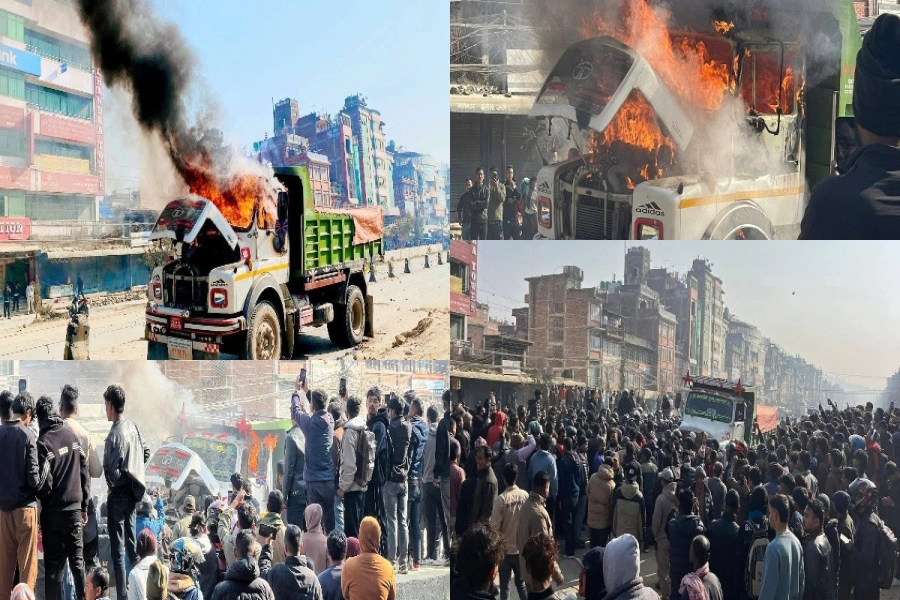Drafting and implementing a national volunteering policy could be a big game-changer for Nepal.
Recently Youth Advocacy Nepal organized a virtual workshop on the rationale of drafting a volunteerism policy in Nepal. For those who follow me, this is a subject I am deeply passionate about and I truly believe that drafting and implementing such policy could be a big game-changer for Nepal.
But, naturally, for this to happen, we need key stakeholders—from the President to Prime Minister to the key members of the federal parliament, to provincial executives, legislative assemblies to civil society and youth—on board.
We need to ask ourselves four questions: What is this policy for? For whom is this policy for? How to move forward? And what next after the policy is drafted and approved?
Let’s start with the first question. There are many folks like me who believe volunteerism can play a vital in our society. The big problem is that we are too few people with this mindset and those who “count” have no clue about the topic. So what can be done to make a stronger case for volunteerism? Perhaps the problem is we do not have sufficient, quality data. Is it that collaborations and partnerships to promote this cause are not that easy? Is it because those promoting volunteerism are not good enough at communicating and explaining it?
As you can see, one big question leads to a series of key issues that underline the challenges ahead if we really want to pitch the idea that volunteerism can truly make a difference and help the country achieve the Sustainable Development Goals.
Turning to the second big question, is this policy for only few privileged youth, those who volunteer just to check a box on their journey towards a great career? Or is the policy open for all, from disadvantaged youth to elders and other members of the society? We should be loud and clear about this crucial question.
Experts advise Nepal to have a clear, proactive foreign policy

Volunteerism should be for all. Nobody should be excluded.
Citizens from the LGBT communities, citizens living with disabilities, citizens from culturally marginalized groups like dalits, women and victims of gender violence, all should be entitled to volunteer. Those who are most in need, who are the most disenfranchised, marginalized and vulnerable should be the ones who should benefit most from volunteerism because it is really a platform where a person can grow, can develop self-confidence and new skills that help her along the future life trajectory.
National Youth Council has a huge role to play, unleashing its collaborations and partnerships with non-state actors to rally around the determination and creativity that will not only ensure the approval of a great policy but also help volunteering thrive on the ground.
There is a caveat here. You might have noticed that just few lines above, I referred to citizens rather than simply youth. That’s because volunteerism is really intergenerational, it is open to everybody, including the elders.
The challenge for National Youth Council is to ensure that youth of the nation can be a bridge to reach out to other members of the society, partnering with them, using their experience and wisdom to create common good initiatives all across the country.
Coming to the third question of how we should move along from now onwards, first of all, the people, youth, elders and anyone interested, should be in a position to participate and be engaged in the future discussions.
Second, I propose establishing a forum or network of all actors interested to promote volunteerism. This should not be difficult because here we are talking about a loose forum where truly interested organizations or even individuals can participate. Such network can come up with key points to be included in the national policy.
Having a group of committed and energized organizations, all united for a common cause, can really make wonders. Maybe we could come up with a national campaign to let people know about the importance of volunteerism.
If we really work hard, such policy could be approved. Once the policy is approved we need to ask ourselves: Are all key policy makers ready to invest in its implementation? Were our efforts inclusive enough so that we really have a strong group of actors all ready to bring the policy towards implementation? Can we now imagine some national programs that can re-constitute, under the National Youth Council, a new form of the National Development Volunteering Service that was disbanded few years ago? Can we imagine a supportive environment for non-state actors to promote social change through volunteerism?
These are not easy questions.
We will all need to muster determination, will and the skills to build a strong coalition.
The fact that Bishnu Raj Upreti, Chairperson of Policy Research Institute was also actively involved in the workshop is a good sign. The road ahead is long and bumpy but it is worth the effort because volunteerism, believe me, is a game changer for the society and the nation.
The author is Co-Founder of ENGAGE, an NGO partnering with youths to promote social inclusion in Nepal
simone_engage@yahoo.com


_20200917120058.jpg)



































